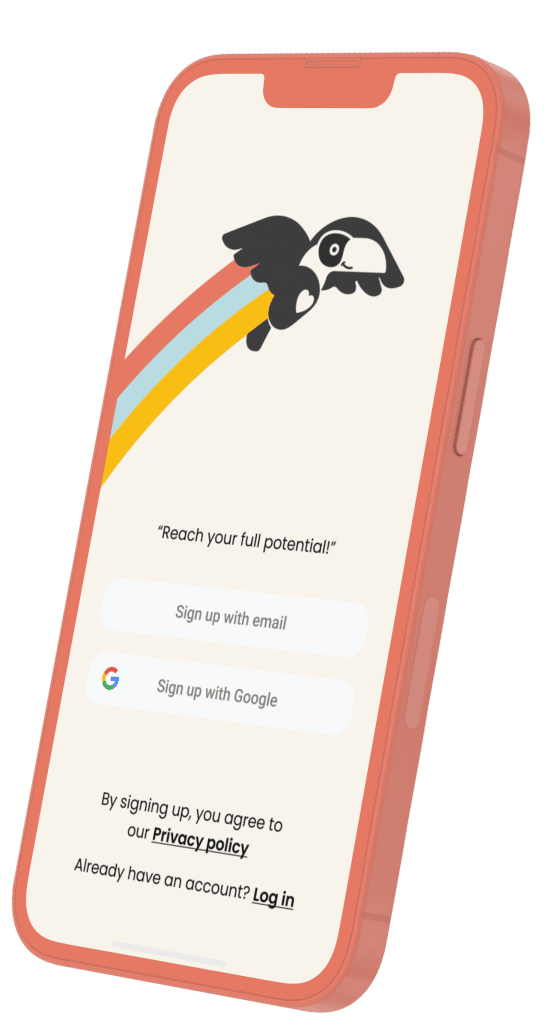As technology continues to advance, there is growing concern over how it will impact the job market, including the Human Resources industry.
Artificial Intelligence is one technology that is rapidly changing the way HR operates. While AI can help streamline many HR tasks and improve overall efficiency, it also has the potential to take over certain jobs traditionally done by humans.
In this article, we will explore some of the HR jobs that are most likely to be affected by AI in the near future.
How AI is transforming HR roles?
AI is already transforming the business world in a big way. One area that might see the biggest impact of this innovative technology is Human Resources.
HR is a function that is heavily reliant on data, and AI is making it easier for HR professionals to access, analyze and make sense of this data.
The use of AI in HR can help companies make better hiring decisions, improve employee engagement, and create a more efficient HR department.
One area in that AI is especially transforming HR is recruitment.
With AI, companies can automate the screening of resumes and identify the best candidates for the job.
AI algorithms can analyze resumes and match them to the requirements of the job, saving HR professionals a lot of time and effort.
AI can also help HR professionals to identify patterns in employee data, such as turnover rates and job satisfaction. By analyzing this data, HR can identify areas for improvement and take action to address any issues.
Another area where AI is transforming HR is employee engagement.
AI-powered chatbots can help employees to access information and get answers to their questions more quickly.
Chatbots can also be used to collect feedback from employees and identify areas for improvement.
But how exactly is AI technology transforming the HR processes and are there any jobs that might be at risk?
HR Jobs that are getting taken over by AI
Recruiting Managers
The automation of the sourcing and screening process is one of the most significant ways in which AI will change the role of Recruitment Managers. AI-powered recruiting tools can sift through resumes, cover letters, and online profiles to find the best candidates for a specific job opening.
AI can also assist recruiters in providing a better candidate experience. Chatbots and virtual assistants can answer frequently asked questions, schedule interviews, and keep candidates updated on the status of their applications throughout the recruitment process.
AI can also be used by recruitment managers to make data-driven decisions about the recruitment process.
Artificial intelligence tools can analyze candidate data to identify trends and insights about the recruitment process, such as which job boards or social media platforms are most effective at sourcing candidates.
Labor relations Specialist
One of the primary ways AI will impact Labor Relations Specialist jobs is through the automation of certain tasks. This can assist Labor Relations Specialists in being more proactive in their work and focusing on more complex tasks that require human expertise.
Another way AI will impact Labor Relations Specialist jobs is by improving contract negotiation accuracy and efficiency.
Artificial intelligence (AI) can be used to analyze contracts and identify potential issues or areas of conflict, which can help to streamline the negotiation process and ensure that contracts are fair and equitable for both employers and employees
Employment Specialist
AI can analyze employee data to predict which employees are likely to leave the company, allowing Employment Specialists to take proactive measures to keep them on board. Predictive analytics can also be used to identify high-performing employees who may be eligible for a promotion or additional training.
AI can analyze large amounts of data to find the best candidates for a given position. To determine the best candidate for a job, AI algorithms can examine a candidate’s resume, social media profiles, and other data points. This not only saves time but also improves candidate matching quality, resulting in better hires.
Human Resources Generalist
AI can help improve employee engagement by providing insights into employee behavior and sentiment. For example, sentiment analysis can be used to analyze employee feedback and determine the overall mood of the organization.
AI can automate many aspects of payroll processing, such as calculating taxes, deductions, and overtime. AI can also help to ensure compliance with labor laws and regulations.
And these are just examples of a few of the HR processes that AI can help get off your hands. With the help of AI tools, we could be looking at a future of AI-assisted HR departments.
Is AI a risk for the future of HR employees?
While AI can automate many tasks traditionally done by HR professionals, it is important to note that AI cannot replace the human touch entirely.
HR professionals will still be needed to provide a personal touch, make strategic decisions, and manage complex issues that cannot be automated.
Additionally, as new technologies emerge, new opportunities for HR professionals will also arise.
So don’t panic and start thinking about switching your career paths just yet.
While AI is transforming the HR industry, it is not expected to completely replace HR professionals. Instead, it will transform their roles, creating new opportunities and freeing up time for strategic work.
Conclusion
To summarize, AI is rapidly transforming the HR industry, and its impact will only grow in the coming years.
AI has the potential to revolutionize the way HR functions, from automating repetitive tasks to improving the quality of talent acquisition.
It is important to note, however, that while AI can help HR professionals make decisions, it cannot completely replace human judgment and intuition.
To achieve the best results, businesses must strike a balance between the use of AI and human expertise.


